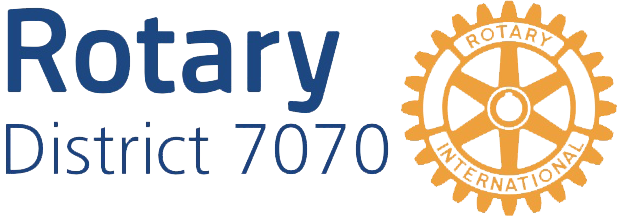Welcome
Each year, Rotary selects up to 100 professionals from around the world to receive fellowships to study at one of our peace centers.
Through academic training, practice, and global networking opportunities, the Rotary Peace Centers program develops leaders who become catalysts for peace and conflict prevention and resolution. These fellowships cover tuition and fees, room and board, round-trip transportation, and all internship and field-study expenses.
In just over a decade, the Rotary Peace Centers have trained more than 1,000 fellows for careers in peacebuilding. Many of them are serving as leaders at international organizations or have started their own foundations.
Check out the Rotary Peace Map to see where our alumni are creating positive change.
Our fellowships
Each year, the Rotary Foundation awards up to 50 fellowships for master’s degrees and 50 for certificate studies at premier universities around the world.
-
Master’s degree programs: Last 15 to 24 months and require a practical internship of two to three months during the academic break.
-
Professional development certificate program: For experienced professionals and lasts three months with two to three weeks of field study.
Is a peace fellowship right for YOU?
Peace fellowship applicants must meet these requirements:
-
Proficiency in English; a second language is strongly recommended
-
Demonstrated commitment to international understanding and peace
-
Excellent leadership skills
-
Master’s degree applicants: minimum three years of related full-time work or volunteer experience, bachelor’s degree
-
Certificate applicants: minimum five years of related full-time work or volunteer experience, strong academic background
Rotary Peace Centers
Duke University and University of North Carolina at Chapel Hill, USA (fact sheet)
Fellows can earn either a Master in International Development Policy from Duke or a master’s degree in various departments from the University of North Carolina. In addition, Fellows at both Duke and UNC can earn a graduate certificate in international peace and conflict resolution from the University of North Carolina.
International Christian University, Tokyo, Japan (fact sheet)
The Department of Public Policy and Social Research offers master’s degrees in social sciences, natural sciences, and interdisciplinary studies.
Fellowship recipients may not study at a Rotary Peace Center in their home country, with the exception of candidates from Thailand, who may attend the center at Chulalongkorn University.
University of Bradford, Bradford, England (fact sheet)
The Department of Peace Studies at Bradford is the largest in the world and offers several master’s degrees.
University of Queensland, Brisbane, Australia (fact sheet)
Fellows earn a master’s degree in international studies and peace and conflict studies in the Graduate Centre of Governance and International Affairs.
Uppsala University, Uppsala, Sweden (fact sheet)
The Department of Peace and Conflict Research offers a master’s degree in social science. It is internationally renowned for its free and globally accessible collection of data related to conflict.
Chulalongkorn University, Bangkok, Thailand (fact sheet)
The professional development certificate is awarded to experienced professionals who complete the university’s intensive three-month program in peace and conflict prevention and resolution.
Fellowship recipients may not study at a Rotary Peace Center in their home country, with the exception of candidates from Thailand, who may attend the center at Chulalongkorn University
